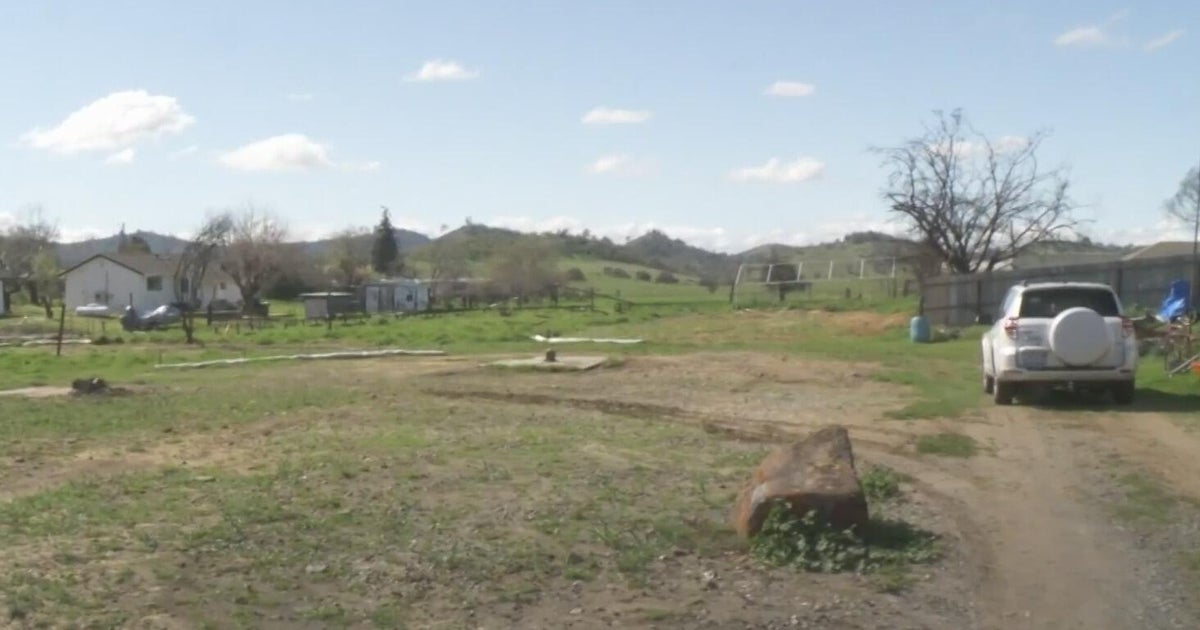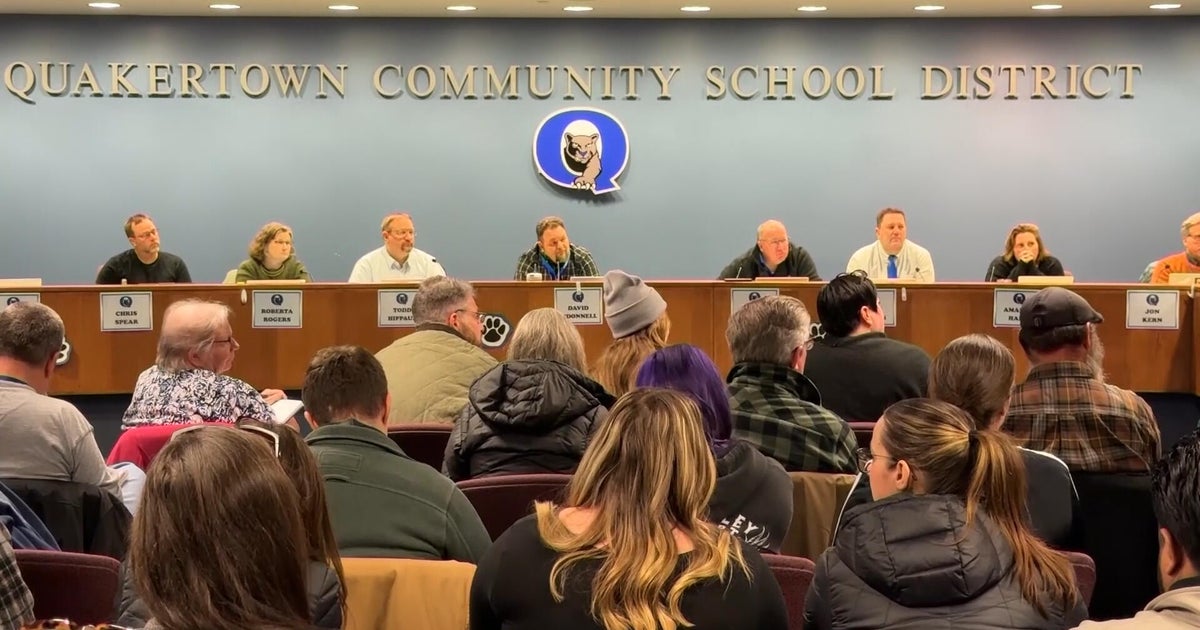Covered California Health Exchange Board Upholds Cancelling 1M Policies
SACRAMENTO (CBS/AP) - The board overseeing California's health insurance exchange voted unanimously Thursday to stick with its current year-end deadline of phasing out more than 1 million individual health insurance policies that fail to meet requirements of the federal health care overhaul, turning aside a plea by President Barack Obama to let those policies continue.
In voting 5-0, Covered California board members said allowing the older polices to continue would undermine the new insurance marketplaces. Those policies are being ended because they do meet the more extensive requirements for essential benefits under the federal Affordable Care Act.
"There's no way to make the federal law work without this transition to ACA-compliant plans," board member Susan Kennedy said. "Delaying the transition isn't going to help anyone; it just delays the problems. I actually think that it's going to make a bad situation worse if we complicate it further."
The state insurance commissioner has said that 1.1 million Californians are receiving notices that their current individual health insurance policies will be discontinued in 2014, a deadline previously agreed to by the exchange and insurers. Nearly 220,000 policies will be extended until March because the companies failed to meet regulatory deadlines for notifying policy holders.
The cancellations have angered some policy holders, many of whom will see their monthly premiums and deductibles rise sharply under new plans. They also fly in the face of promises Obama made repeatedly when he said people who liked their current health insurance policies could keep them under his health insurance reforms.
The president has since backtracked and has asked states to allow insurance companies to extend those older policies.
But many insurance companies oppose extending the policies, saying doing so would undermine the new markets being set up under Obama's law. They also said they did not have enough time to rebuild policies they already had discontinued.
Officials described myriad complications if the board had agreed to modify the existing policy cancellation contract Covered California has with insurers, including how much premiums could rise, whether consumers might be subject to two deductibles in one year and the tight timeline in which to make a decision, with the end of the year quickly approaching. Insurance companies would need to notify customers that they were re-offering the old plans and process customer payments before Dec. 31.
Charles Bacchi, executive vice president of the California Association of Health Plans, said higher premiums for some consumers are inevitable, "whether it's today, whether it's three months from now or whether it's next year." But he said a delay in the policy cancellations was unnecessary because California's marketplace website is operating pretty much as planned.
Covered California Health Exchange Board Upholds Cancelling 1M Policies
"Because of that option, because people can buy coverage and it's working, we think that we should continue this transition of folks into ACA-compliant policies," he said.
No matter what action the board had taken Thursday, Covered California Executive Director Peter Lee said the state cannot force any insurance companies to extend their already expired plans.
Because of the confusion over cancellations, the board on Thursday also extended the deadline to purchase an insurance policy for coverage to start in the new year, from Dec. 15 to Dec. 23. The deadline to make the first payment on that policy was extended four days, to Jan. 5.
California is the latest state to respond to the president's about-face on the policy cancellations. The response to Obama's plea for an extension of those older policies has been mixed, with many states that run their own health care exchanges saying they will not follow the president's advice and will let the older policies expire.
So far, the Affordable Care Act has fallen far short of expectations on a national scale, in large part because of crippling technical problems with the federally run online marketplaces operating in 36 states.
The first set of nationwide data revealed that just 106,000 people had signed up for coverage during the first month of enrollment, fewer than the roughly 500,000 initial sign-ups the Obama administration had expected.
Some states that operate their own marketplaces are succeeding at getting people enrolled in new policies. Covered California released its first detailed look at enrollment data on Thursday.
Its report said that initial enrollees in California's online health insurance marketplace are trending older. About 56 percent of the 30,830 people who enrolled in October were in the 45- to 64-year-old category.
Just 23 percent were age 18 to 34, a younger and typically healthier demographic that insurers say they need to make the policies financially viable. Insurers have warned that they need a wide range of people signing up for coverage because premiums paid by adults in the younger and healthier group are needed to offset the cost of carrying older and sicker customers, who typically generate far more in medical bills than they contribute in premiums.
Lee, the exchange's executive director, said he expected older people to sign up in greater numbers during the early days of the exchange, as people with pre-existing conditions who had no previous insurance flocked to the site.
The proportion of those ages 45 to 64 who signed up on the exchange in the first month far outweighs their representation in California's total population, which is 25 percent. The percentage of younger people who enrolled was roughly proportional to their total population.
Enrollees are defined as those who have selected an insurance policy but might not have actually paid for it yet. Overall, the number of people who have chosen an insurance policy had risen to nearly 80,000 as of Tuesday, although the Covered California report did not provide a demographic breakdown for that larger group.
The numbers do not include those whose incomes are so low that they qualify for Medicaid, the state-federal health insurance program for the poor.
(© Copyright 2013 The Associated Press. All Rights Reserved. This material may not be published, broadcast, rewritten or redistributed.)






